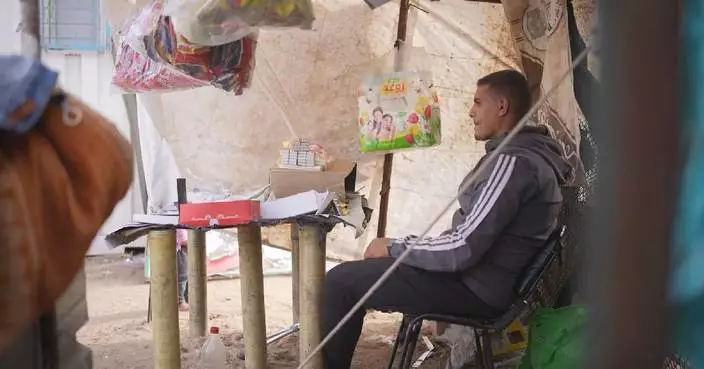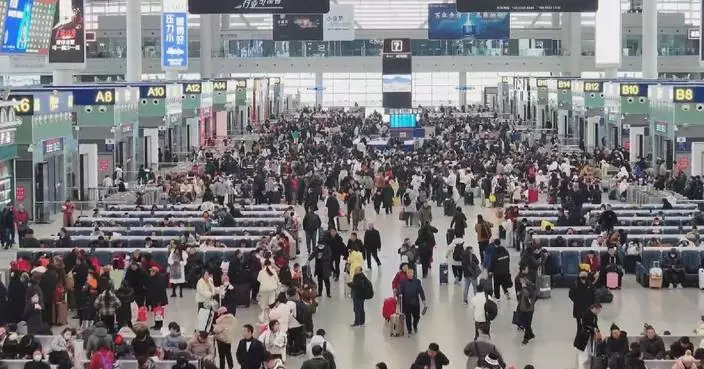June 20 marks World Refugee Day, shedding light on Yemen's children who have endured nearly a decade-long conflict that has uprooted millions, depriving them of homes and educational opportunities.
In the southwestern province of Taiz, 11-year-old Muhammad Abdo fled to the south with his family four years ago from escalating conflict in the west, where they have faced hunger and hardship, prioritizing survival over schooling.
"My father suffers from mental illness. I had to work to support my younger brothers. My older brother passed away, leaving behind his children. In this situation, I don't have time to go to school," Abdo told China Central Television (CCTV).
For four years, Abdo had to forsake schooling to work on nearby farms. But hope for education flickered back to life in Abdo's displacement camp, with a makeshift school funded by donations.
"I miss school and the feeling of reading. I had forgotten what that felt like. Now teachers are teaching us again, and I have rediscovered the joy of reading and writing," said Abdo.
According to UNICEF, Yemen has 12 million school-age children, with 4.5 million being out of school, posing a monumental challenge for the country's educational system. Rebuilding schools, rehiring teachers, and ensuring they receive salaries remain critical amid ongoing conflict.
"We are very happy to see them back in school. However, we need more aid. We need to be provided with campuses, books, uniforms, and food to ensure they can continue their educational journey," said Tawfiq Hassan, who is teaching at the makeshift school.
Due to displacement, Abdo missed four years of schooling and is now in fourth grade, significantly older than his classmates.
"My dream is to become a teacher and teach students in school," said Abdo.
Education remains pivotal in reshaping Yemen's future, crucial for the well-being of displaced children and refugees. Addressing political disputes and achieving a ceasefire are essential for improving conditions and upholding their educational rights, fostering stability for Yemen's recovery.
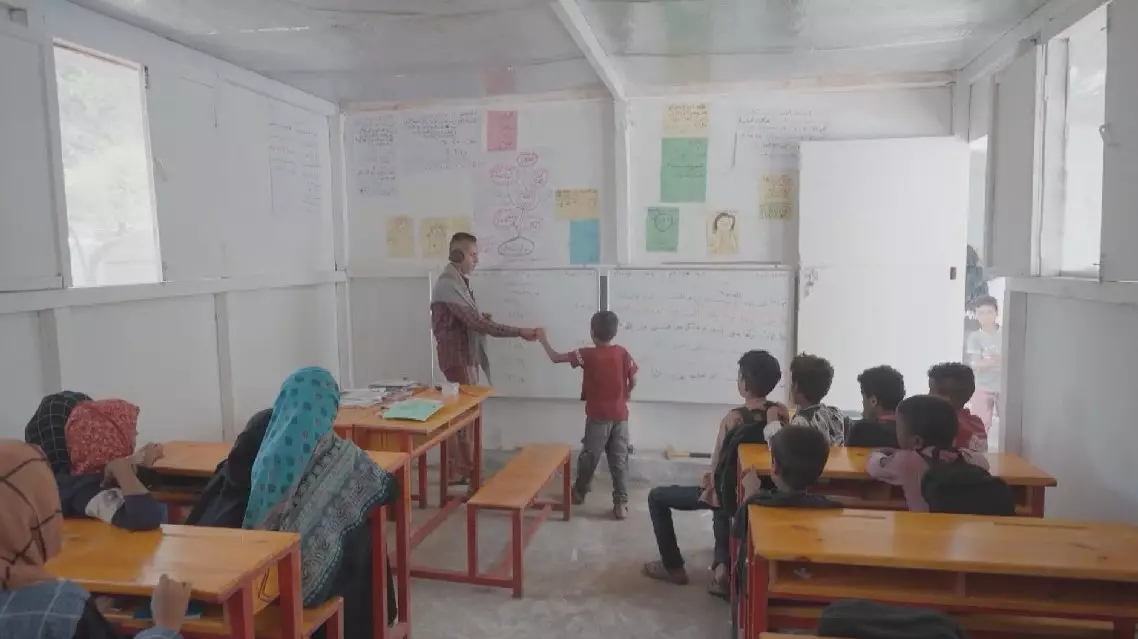
Yemen's children struggle for education amid decade-long conflict
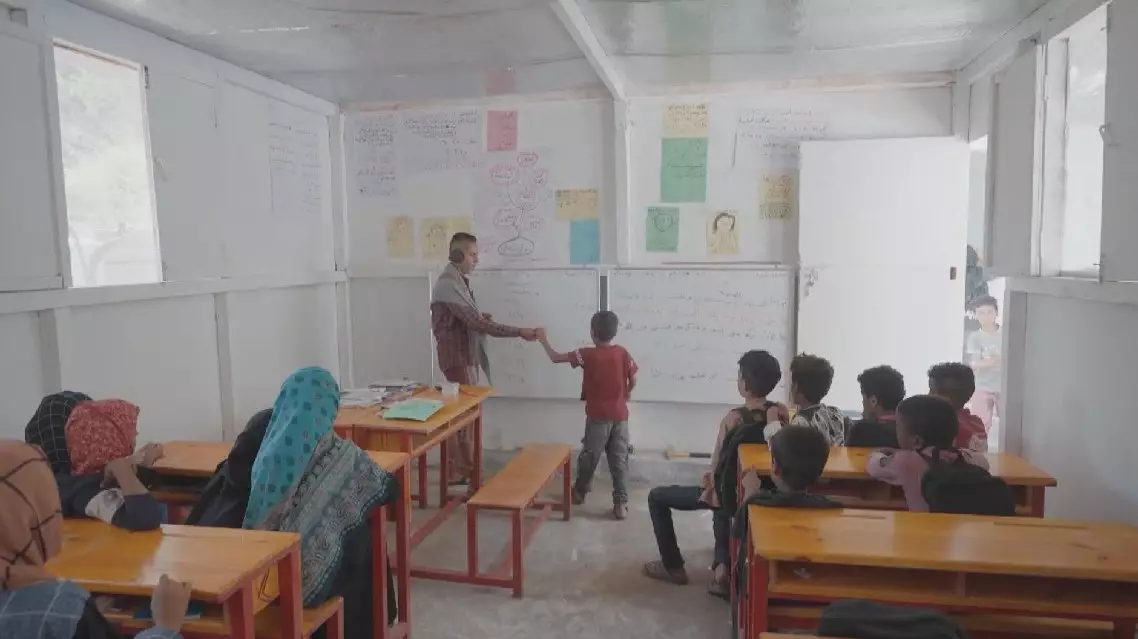
Yemen's children struggle for education amid decade-long conflict
China's economy has maintained a generally stable growth in 2024, with impressive achievements made in the development of manufacturing and new quality productive forces, said economists.
The Political Bureau of the CPC Central Committee held a meeting on Dec 9 to analyze and study economic work in 2025. The meeting noted that the year 2024 marks the 75th anniversary of the founding of the People's Republic of China and a critical year for achieving the goals and tasks of the 14th Five-Year Plan (2021-2025).
From a macro perspective, China's economic operation has maintained generally stable with steady progress in 2024, and the main goals of social and economic development will be successfully achieved.
"In 2024, China's macro-economy have shown signs of stabilization on the basis of continued structural adjustment, and with the growth rate, the country will be able to achieve the annual target of around 5 percent," said Liu Yuanchun, President of Shanghai University of Finance and Economics.
In 2024, China's industrial structure has continued to upgrade in high-quality development, laying a solid foundation for the stable economic development.
In the first three quarters, the added value of industrial enterprises above designated size (those with annual main business revenue of 20 million yuan or more) increased by 5.8 percent year on year. Among them, the added value of equipment manufacturing and high-tech manufacturing industries above designated size increased by 7.5 percent and 9.1 percent year on year, respectively.
"Our manufacturing industry has maintained a relatively strong growth, and the strongest performing industries among them are high-tech manufacturing and high-end equipment manufacturing," said Wu Sa, deputy director of the Chinese Academy of Macroeconomic Research.
In 2024, China has witnessed steady development of new quality productive forces
Wu said that it not only promoted the development of emerging industries and future industries, but also empowered traditional industries and provided new impetus for the construction of a modern industrial system.
"For example, at the Zhuhai Air Show that just ended, we saw the debut of many high-tech products, including humanoid robots and dog robots, as well as some low-altitude economic and low-altitude aircraft. These are all very vivid examples of the development of our new quality productive forces. It not only simply indicates the success of these products, but also indicates that we have laid a more solid foundation for building a modern industrial system, and the overall momentum and driving mechanism of development have become better," Wu said.
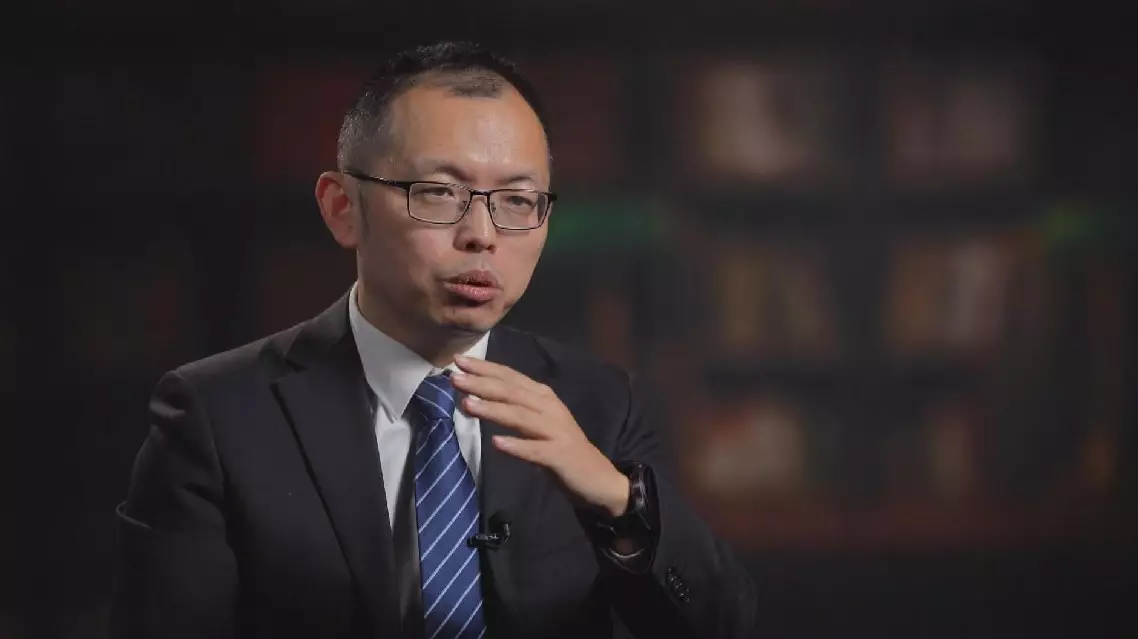
China's economy maintains stable growth in 2024 with impressive achievements: economists








